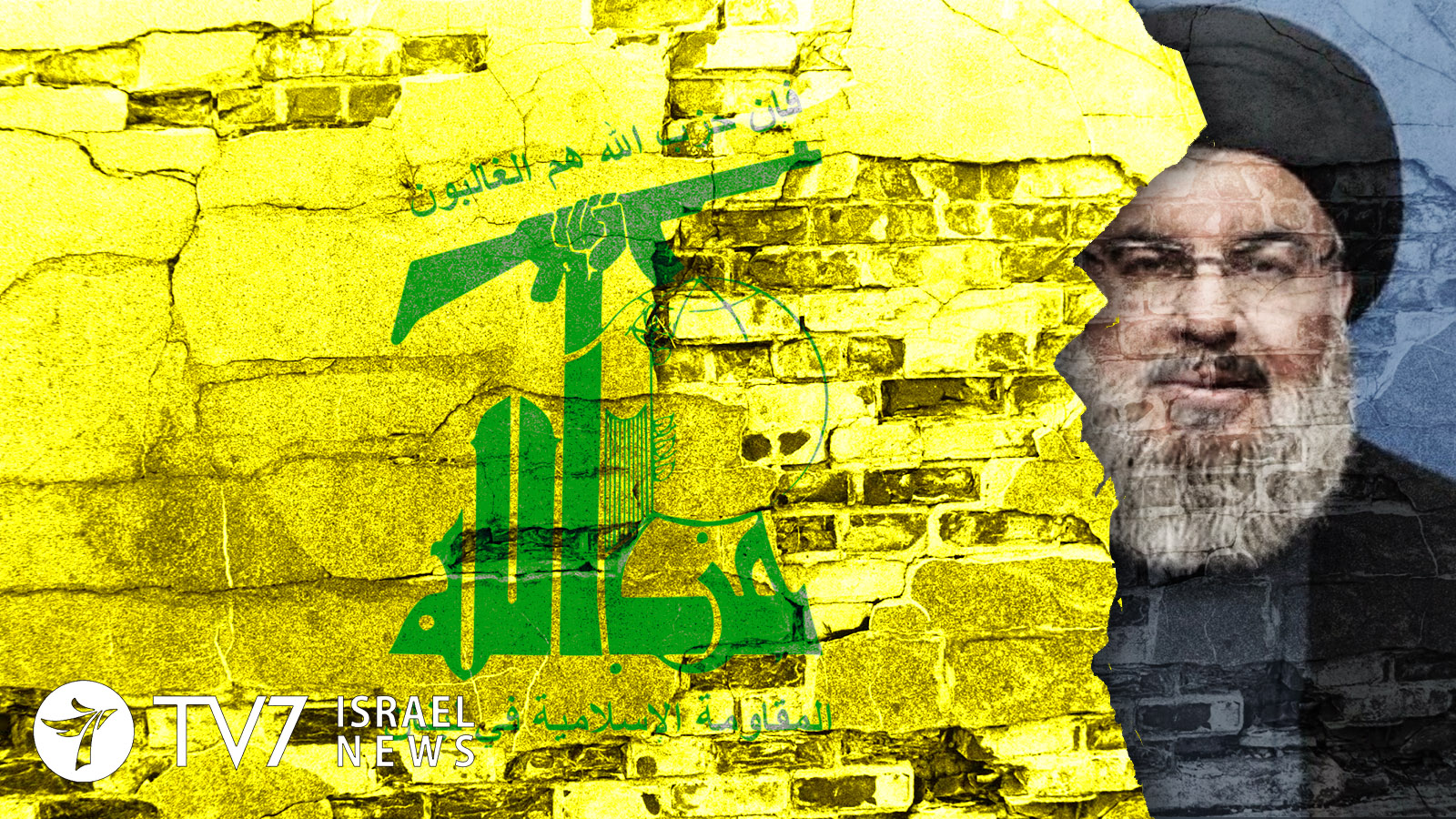Argentina’s designation of Hezbollah as a terrorist organization has been welcomed in Israel. Prime Minister Benjamin Netanyahu praised the South American Republic’s President Mauricio Macri for the decision, saying, “It is time the entire enlightened world understand the grave danger Iran and Hezbollah pose. It is time the entire world stand up against it.”
Argentina blames Iran and it’s Hezbollah-proxy for two deadly bombings in its capital Buenos Aires; in an attack at the Israeli embassy in 1992 that killed 29 people, and another in 1994 on the Argentine Israeli Mutual Association (AMIA) Jewish community center which claimed the lives of 85 victims and wounded scores of others.
Argentina’s classification of the Lebanon-based Hezbollah as a terrorist group was the first by any Latin American country, and was issued just one day after Buenos Aires created a new list of individuals and entities linked to terrorism. The branding was accompanied by an order from the government’s Financial Information Unit to freeze assets of the Hezbollah group and members. A Unit statement specified, “At present, Hezbollah continues to represent a current threat to security and the integrity of the economic and financial order of the Argentine Republic.”
There was no immediate comment from Hezbollah on the move.
The announcement also coincided with a visit by U.S. Secretary of State Mike Pompeo. The Argentinian decision to join the United States in designating Hezbollah as a terrorist group is a significant win for President Donald Trump’s Administration as it seeks to increase pressure on Tehran and its satellite groups.
Washington and Buenos Aires officials say Hezbollah operates in what is known as the tri-border area of Argentina, Brazil and Paraguay – where an illicit economy funds its operations elsewhere. Israel’s Abba Eban Institute for International Diplomacy recently released a study documenting Hezbollah’s involvement as a key middleman on the global narcotics route from South America to West Africa and onto Europe.
The Washington-based Transnational Threats Project at the Center for Strategic and International Studies believes the Argentinian actions will have little financial impact on Hezbollah due to its additional sources of funding. The Center’s Director Seth Jones commented that the Trump Administration is hoping for an eventual cumulative effect, in that “even taking little bites out of the apple right now may end up being significant in the long run if they can continue to freeze assets of organizations like Hezbollah in a range of different countries.”
Others believe that as traditional European allies have been slow to offer support amid current U.S. tensions with Iran, a revival of a security relationship with Argentina – that suffered after a souring in diplomatic ties during the previous administration of President Cristina Fernandez – views President Mauricio Macri as a partner. While speaking of Washington’s bilateral relations in Latin America, Benjamin Gedan, Director of the Wilson Center’s Argentina Project in Washington, said that “Clearly, they are not a good replacement for European allies, because they don’t engage Iran significantly, so they cannot put on the same commercial and economic pressure as the Europeans,” adding, But at least it gives the impression that the Trump administration is not standing alone.”
Other U.S. allies that designate Hezbollah or its military wing a terrorist organization include Canada, Britain, Australia, New Zealand, the European Union and Israel.
